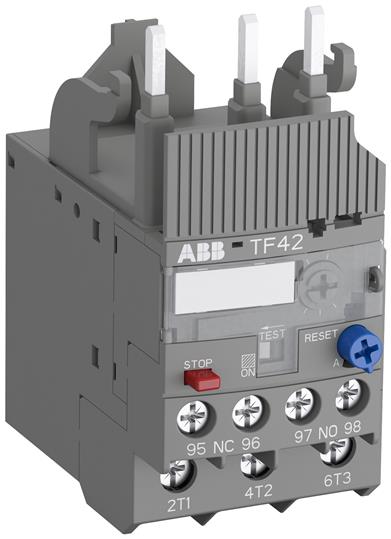Buy Relays and Switches Online
Relays are switches that open and close circuits electromechanically or electronically. Relays control one electrical circuit by opening and closing contacts in another circuit. Relay diagrams show that a normally open (NO) relay contact is open when the relay is not energized. When a relay contact is Normally Closed (NC), there is a closed contact when the relay is not energized. In either case, applying electrical current to the contacts will change their state
Electronic Relays are mainly for switching small currents in control circuits. They typically don't power large devices, except for small motors and low-amp solenoids. Still, relays can handle larger voltages and currents. A small voltage on a relay's coil can control larger voltages through its contacts. Protective relays prevent equipment damage. They spot issues like overcurrent, undercurrent, overloads, and reverse currents. Additionally, relays also turn on starting coils, heating elements, pilot lights, and alarms.
Types of Relays
-
Electromechanical Relays: Explore the traditional relays that utilize mechanical contacts, including their construction, advantages, and applications.
- Solid-State Relays (SSRs): Discover the benefits of SSRs, which employ semiconductor switching elements such as thyristors or MOSFETs, and their advantages in terms of speed, reliability, and noise reduction.
Applications of Relays Switches
- Industrial Automation: Learn how relays play a crucial role in industrial control systems, facilitating automation processes and enhancing safety.
- Automotive Industry: Explore the importance of relays in automotive applications, including power distribution, lighting control, and engine management.
- Household Appliances: Discover how relays contribute to the functionality and safety of everyday household devices, such as refrigerators, air conditioners, and washing machines.
- Telecommunications: Understand the significance of relays in telecommunication networks, ensuring reliable signal routing and network integrity.
Benefits of using relays
- Circuit Protection: Discuss how relays provide isolation and protection against overcurrents, short circuits, and other electrical faults, safeguarding both equipment and users.
- Remote Control and Signal Amplification: Highlight the ability of relays to amplify weak signals and enable remote control functionality in various applications.
- Durability and Longevity: Emphasize the robustness and longevity of relays, making them a reliable choice for demanding environments.
Electronic Relays are indispensable components in the realm of electrical control systems, offering versatility, reliability, and enhanced functionality. By understanding the types, applications, and benefits of relays, you can harness their power to optimize your electrical circuits and systems. Embrace the world of relays and unlock new possibilities for efficient control and automation in your industry.
Why trust Vashi Integrated Solution to Buy Relays Online?
At Vashi Integrated Solutions, we make it easy for you to get top-quality Relays from top leading brands to your step. We offer Electromechanical, Solid-state, and Automotive relays. Our experts help you choose the right one. As an authorized distributor, we ensure genuine products. Enjoy fast delivery and reliable customer support. We're your one-stop shop for electrical and industrial needs in India. Check our collections and latest price list. Compare and choose what suits your needs.
Frequently Asked Questions
Q1. What do relays mean?
Ans. Relays are switches that use electromagnets to control current in circuits. They let a small signal turn on larger loads, making them vital in many applications
Q2. How do relays work?
Ans. Relays use an electromagnet to move contacts. When powered, the coil creates a magnetic field. This field then moves an armature or contacts, opening or closing the circuit. Thus, a small signal can control larger devices or circuits.
Q3. What are the types of relays?
Ans. There are several types of relays: electromechanical, solid-state (SSRs), thermal, and reed. Each has its own design, operation, and use.






